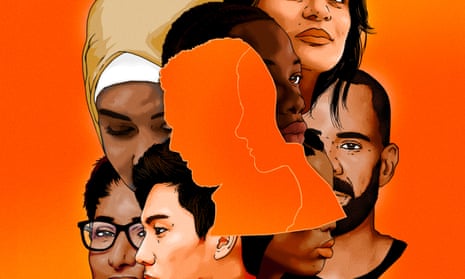A s the dust settled on last summer’s English riots , I found myself taking part in a radio discussion on the question: has multiculturalism failed? It was a depressing response to events that were themselves deeply depressing: an all-too-vivid reminder of how acute Britain’s problems with racism and Islamophobia continue to be. Yet the radio discussion also showed how multiculturalism acts as a scapegoat when it comes to concerns about issues such as immigration and community cohesion. For decades now, multiculturalism has functioned as Britain’s bogeyman.
There was opposition to the term almost as soon as it began to gain traction in the late 1970s and 80s. Initially, multiculturalism was associated with policies that some local councils introduced to address inequalities in education. What this meant in practice was things such as an expanded religious education curriculum, the provision of halal meat options for Muslim schoolchildren, and the distribution of information about a child’s schooling in their parents’ first language.
The policies attracted criticism from both the left and the right. Some on the left worried that the focus on ethnicity and religion was a tool to blunt the radicalism of Black political activism. Conservative commentators, meanwhile, thought that too many concessions were being made to ethnic minority groups, which were supposedly undermining British culture and values.
These critiques were often laced with offensive stereotypes. Multic.









































